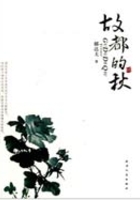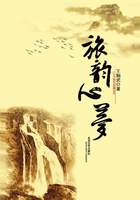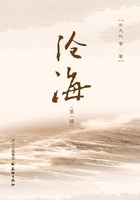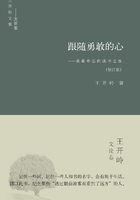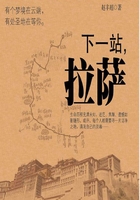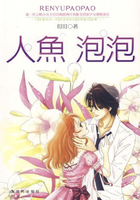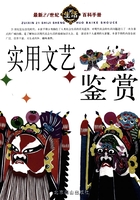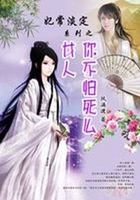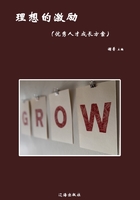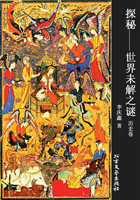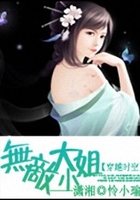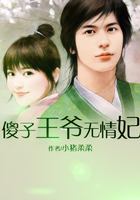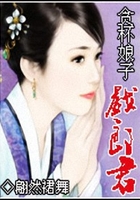How much do you know about dialects in China?
China has seven major dialect groups. Each group subdivides into many dialects. The people of each province have a special dialect; the people of each city, each town, and each village have their own special dialect as well. In many countries, a person using a southern vernacular can understand a person with a northern dialect. However, two people who speak Chinese even within the same dialect group do not necessarily completely understand each other. The general situation is that one can understand perfectly people speaking the same local dialect, but intelligibility decreases as the speakers come from more and more distant regions.
Mandarin, or putonghua, is referred to as the common spoken Chinese, and it is spoken mainly in Northeast and Southwest of China. This widespread spoken Chinese is based on the Beijing dialect. Putonghua is usually considered more formal and is required when speaking to a person who does not understand local dialect.
Over 90% of Chinese people speak Mandarin, but they may very likely also speak another dialect. The local dialect is generally considered more intimate and is used among close family members and friends and in everyday conversation within the local area. Chinese speakers will frequently code switch between putonghua and local dialects. Parents generally speak to their children in dialect, and the relationship between a dialect and putonghua appears to be mostly stable. Most Chinese know that local dialects are of considerable social benefit, and when they permanently move to a new area, they will attempt to pick up the local dialect. Usually learning a new dialect is done informally through a process of immersion and recognizing sound shifts.
Notes:1)dialect方言;2)subdivide把……再分;3)necessarily必然地;4)in-telligibility可理解性;5)decrease减少;6)in-timate熟悉的;7)considerable相当大的;8)permanently永久地;9)immersion沉浸;10)recognize认可
8.中国书法是怎样起源的?
What is the origin of Chinese calligraphy?
The origin of Chinese calligraphy is not very precise. Chinese writing originated approximately 4,500 years ago. It is thought that the written language began with ancient pictures, representing exactly what they looked alike. It is thought that calligraphy came after the invention of the language. Early periods of Chinese history reveal that calligraphy was viewed as a matchless and independent visual art form rather than a mere ornamental art. The lines of the Oracle Bone Script seem thin, stiff and straight. The lines of the Bronze Script seem thick, and characters are well-rounded in form. Primitive calligraphic works were inscribed on bones or pieces of pottery by sharp tools—a sort of metal brush, or“hard”brush as the Chinese say.
Notes:1)calligraphy书法;2)originate发源;3)approximately大概;4)represent表示;5)matchless无与伦比的;6)visual视觉的;7)ornamental装饰的;8)primitive原始的
9.怎样欣赏中国书法?
How does a Chinese scholar appreciate Chinese calligraphy?
Calligraphy is an art dating back to the earliest days of history, and it is widely practiced throughout China to these days. Although it uses Chinese words as its tool of expression, one does not have to know Chinese to appreciate its beauty. As of all the arts in China, the fundamental inspiration of calligraphy, is from nature. The medium of all the graphic arts is line-straight and line-curved or combinations of straight and curved lines. Chinese people value calligraphy for the sake of harmonious nature of its lines or groups of lines, strokes are deliberately formed in direct imitation of a natural object, and the Chinese brush effectively reproduces the movements of clouds and trees.
Chinese calligraphy should be beautifully executed in form for its aesthetic sense. Perfect harmony between mind and hand is required for Chinese calligraphy. At the moment of writing, an artist exerts his emotional energy to vitalize the harmony and reveal great refinement.
Principles of beauty in calligraphy include asymmetrical balance, momentum, dynamic posture, simplicity, suggestiveness, imagination and universality. These aesthetic principles govern the composition of Chinese characters and reflect the basic ideals of the Chinese mind in the fine arts.
Dou Meng (窦蒙) of the Tang Dynasty (618—907) described different styles of calligraphy, and these have been regarded as criteria for the appreciation of Chinese calligraphy.
Some of criteria say as follows: A work of ability presents a thousand possibilities.
能:千种风流曰能
Mysterious work stirs the imagination.
妙:百般滋味曰妙
A carefully executed work demands both inspiration and technique.
精:功业双绝曰精
A carefree style has no fixed direction.
逸:纵任无方曰逸
A well-balanced composition indicates serenity.
稳:结构平正曰稳
Notes:1)vehicle工具;2)fundamental基础的;3)inspiration好办法;4)medium手段;5)graphic绘画的;6)curved草写的;7)combination联合;8)imitation模仿;9)deliberately故意地;10)execute制作;11)aesthetics美学的;12)exert用(力);13)vitalize给予……活力;14)asymmetrical不均匀的;15)mo-mentum动力;16)dynamic有活力的;17)suggestiveness引起联想;18)imagination想象力;19)com-position构成;20)criteria准则;21)mysterious神秘的;22)serenity平静
10.笔有哪些种类?
How do we categorize brushes?
Traditionally a brush pen, an ink-stick, paper, and an ink-stone are indispensable to traditional Chinese scholars who call them the“four treasures of the study (文房四宝).”
There are several ways to categorize Chinese brushes. One category depends on the type of hairs on the head of a brush. As for an ancient-styled brush, its hairs may be the hairs of a rabbit, goat, wolf, fox, rat, horse, deer, pig, chicken or other animals. Some of those hairs are listed as hard hairs, and the others as soft hairs. Therefore, there exist a hard-hair brush (硬毫), a soft-hair brush (软毫), and a brush with mixed hairs (兼毫).
The handle of a brush is usually made of bamboo, wood, sandalwood, nanmu wood, or pear-wood. The other materials include ivory, rhinoceros horn, ox horn, jade, crystal, silver, and porcelain. Some individual calligraphists enjoy having brushes inlaid with precious materials like mother-of-pearl inlay, ivory and jade.

